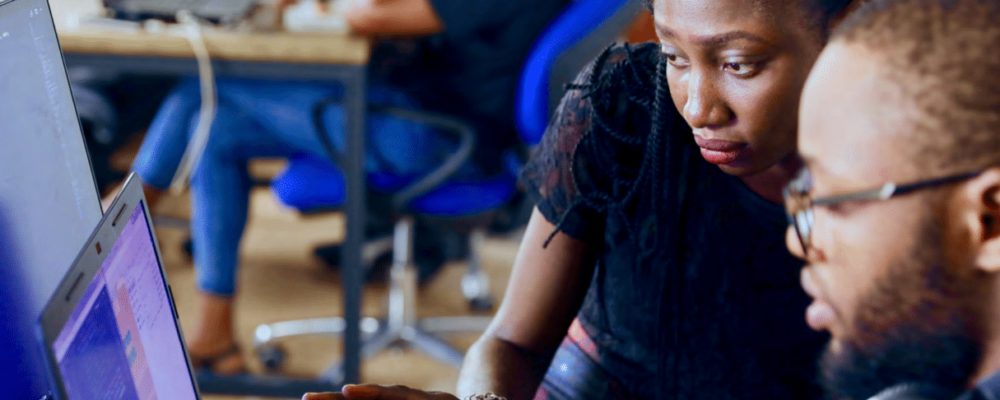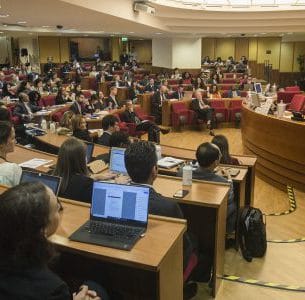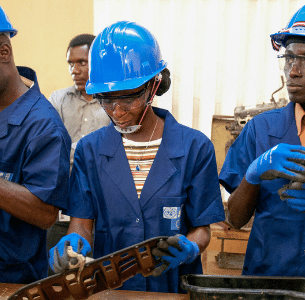
Harnessing the potential of Africa’s youth is a priority for governments and donors, but progress has been fragmented and slow. In response to that challenge, a multi-donor research initiative aims to generate new and rigorous evidence on how soft skills development and work-based learning may boost economic opportunities for youth.
Boosting Decent Employment for Africa’s Youth is a three-year partnership between INCLUDE, International Development Research Center (IDRC), and the International Labour Organization (ILO) under the guidance of the Global Initiative on Decent Jobs for Youth.
As the lead for in-depth research under this partnership, IDRC announced the selection of the following eight research projects in nine sub-Saharan African countries, chosen from among 375 applications. These projects will study the impact of various innovative approaches to inform decisions on youth policies and programs at the national, regional, and global levels.
The projects below must meet IDRC’s administrative and grant-reporting requirements before receiving final approval.
Research on soft and digital skills for youth
- Soft skills for sub-Saharan Africa youth: the Ghanaian context, led by the University of Ghana
- Empowering adolescent girls with improved life skills in Tanzania, led by BRAC, in collaboration with the Gender Innovation Lab
- Soft vs. hard skills: two long-term evaluations of youth entrepreneurship training programs in Uganda, led by Innovations for Poverty Action-Uganda in collaboration with the University of California, Berkeley, and Educate!
- Addressing youth unemployment in Africa through skills for industries without smokestacks, led by Brookings Institution, in collaboration with the Kenya Institute for Public Policy Research and Analysis, University of Cape Town, Laboratoire d’Analyse des Politiques de Développement and the Economic Policy Research Centre
Research to foster work-based learning programs and mentorship
- Mentoring young agricultural graduates for decent jobs in the Benin labour markets, led by Université d’Abomey-Calavi in collaboration with DagriVest
- The impact of a national apprenticeship-based entrepreneurship strategy in Nigeria, led by the National Centre for Technology Management
- Connecting young, vulnerable women in Mozambique with paid work, led by Associação Académica de Nutrição e Segurança Alimentar in collaboration with Oxford Policy Management
- Tackling youth unemployment through work-based learning: experimental evidence from South Africa, led by the University of Cape Town, J-PAL Africa
Evidence synthesis will accompany this in-depth research. Led by INCLUDE, these studies will identify practices and strategies from ongoing or completed initiatives on sustainable job creation and gender constraints in the labour market, among other themes.
A key component of the initiative is knowledge sharing to foster cross-country learning and dialogue. The ILO, with IDRC and INCLUDE, will lead knowledge exchange activities and will use the partners’ experiences to connect, capture, and share best practices, highlight innovative approaches, and create opportunities to learn how to boost decent employment for Africa’s youth.




